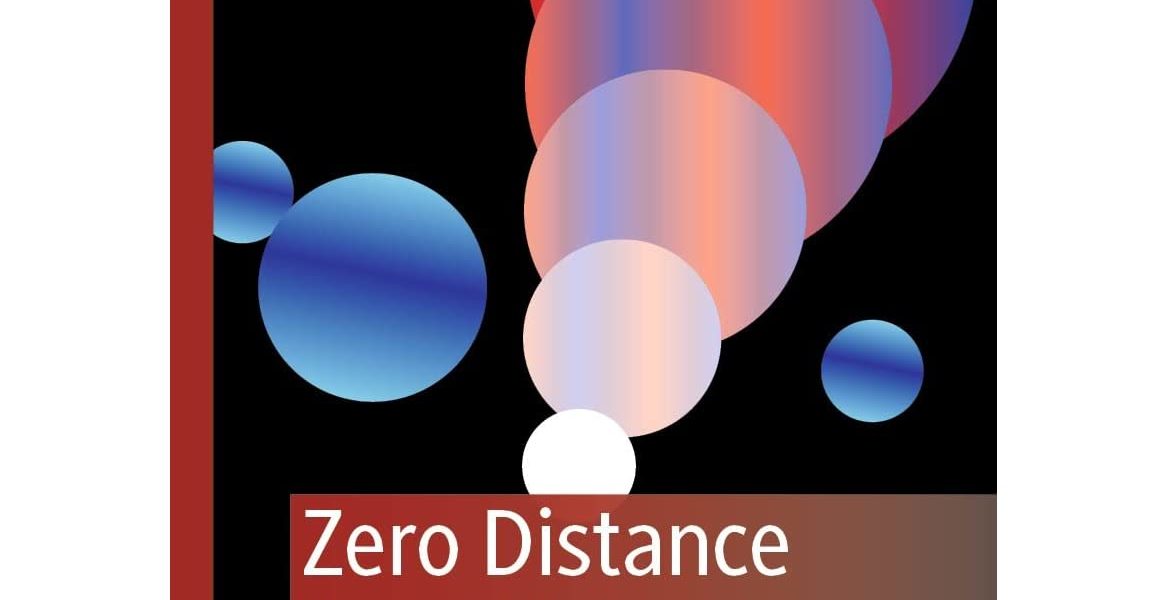I have always been suspicious of analogies, such as “the brain is a very sophisticated computer” or “the human body is a wonderful machine”. I have the feeling that they often disturb the understanding more than they facilitate it, by creating amalgams between things of radically different natures.
At first sight, a book on “quantum management” (as we speak of “quantum mechanics”) had nothing to attract me. However, Danah Zohar’s book Zero Distance, Management in the Quantum Age caught my attention. It offers a very interesting perspective on management in the 21st century and bridges the gap between Western and Chinese views on management.
A new approach of management
From the very beginning of her book, Danah Zohar clearly dismisses any risk of confusion:
“While quantum physics itself, as practiced in the laboratory and originally conceived as describing the strange micro- universe within the atom, clearly has nothing to say about management*, the ideas, categories of thought, underlying principles, and philosophy that underpin it as pure physics, clearly are of wider paradigmatic significance.”
Danah Zohar, Zero Distance, Management in the Quantum Age

Danah Zohar argues that scientific paradigms change our view of the world in all areas: scientific, of course, but also philosophical, religious, political… They also have an impact on the way the economy and businesses are organized.
Over time, the foundations of Newtonian physics, such as causality and predictability, and more generally Newton’s methods of reasoning, such as analyzing a system by approximating it as being isolated, spread naturally into other fields, to the point where they influenced management in the XXᵉ century with Taylorism.
According to Danah Zohar, this way of approaching the world is no longer adapted to meet contemporary challenges marked in particular with the seal of complexity. Convinced that quantum physics principles are much more appropriate, she suggests that her readers accelerate the natural process of expansion of scientific paradigms to other domains, by proactively applying a “quantum” view on organizations, in order to bring about a new type of management.
Quantum principles and their application in business
Among these principles, Danah Zohar dwells in detail on:
- the uncertainty principle, one consequence of which is that it is impossible to know everything with precision,
- quantum superposition, a consequence of which is that things are not necessarily binary, but can on the opposite be in several states at the same time,
- the quantum entanglement, which emphasizes the interdependence of the elements of a system, whatever the distance that separates them.
From there, she shows how the manager can take a new look at the issues he or she encounters on a daily basis. For example, when faced with a problem, he or she can decide not to focus on the search for a cause that necessarily leads to a solution, but rather on the relationships existing between the stakeholders in the situation (company departments, employees, customers, etc.). It is by understanding these relationships and their dynamics and by acting to make them more fluid that the manager will be able to resolve the problem.
Quantum management, a bridge between East and West
Danah Zohar shows in her book that this “quantum management” that she calls for is very reminiscent of the principles of Chinese Taoist wisdom. Therefore, she is not surprised that it is becoming more and more popular in China.
“Quantum Management has now become so widespread in China that the Chinese are calling it “Chinese Management.”
Danah Zohar, Zero Distance, Management in the Quantum Age
In this respect, Haier is probably the company that has gone furthest in implementing quantum management with its rendanheyi model. Danah Zohar devotes an entire chapter to it in her section on concrete implementations.
Among the companies that practice quantum management, there are also some Western companies, some within Haier, such as General Electric Appliances, others outside, such as Visa or Volvo. Also, because quantum theory, which originated in the West, is closely related to Taoism, which originated in China, Danah Zohar sees in quantum thinking and its application in management, rendanheyi, models that could unite West and East:
“One of my arguments in this book is that the wider adoption of quantum thinking, and of RenDanHeyi as a business, social, and political model would provide an important bridge between East and West. […] I believe that the Western science of quantum physics is simply the Eastern philosophy of Taoism expressed in equations and verified by experiment.”
Danah Zohar, Zero Distance, Management in the Quantum Age
Conclusion
Danah Zohar’s book is particularly stimulating to read! The author succeeds in making us grasp, using simple words, the counter-intuitive concepts of quantum thinking. The reader is left convinced that it is possible to take advantage of this new approach, not only in the field of management, but more generally in the way we look at life and its challenges.
A graduate of HEC Paris and CentraleSupélec, Jérôme Delacroix began his career at management and organizational consulting giant Accenture, before turning to marketing, writing and entrepreneurship.
Jérôme has been to China more than 12 times and is learning Mandarin Chinese. He hosts a YouTube channel dedicated to the Internet in China.

